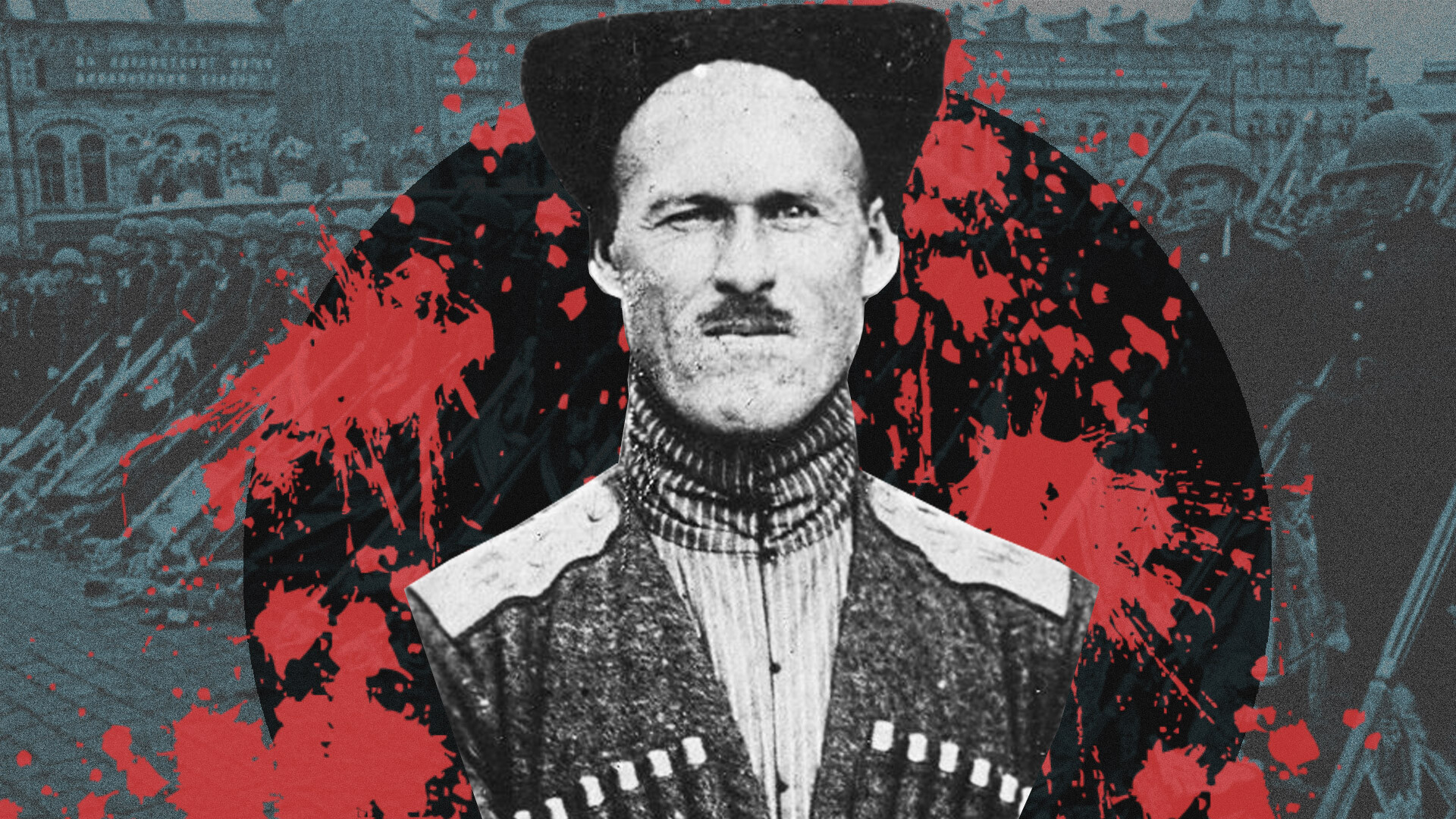
Born in the North Caucasus, Sultan Klych-Girey traced his lineage back to Juchi, the eldest son of the great conqueror and belonged to the dynasty of Crimean Girey khans. When the Civil War broke out on the ruins of the Russian Empire, the answer to the question of which side to take was obvious to him.
By the beginning of the bloody clash between the Bolsheviks and their opponents, Sultan was already an experienced cavalryman, who had served in World War I in the ranks of the Caucasian Native Cavalry Division consisting of mountaineers. Colonel Klych-Girey was repeatedly awarded “for exemplary service and excellent training of soldiers”.
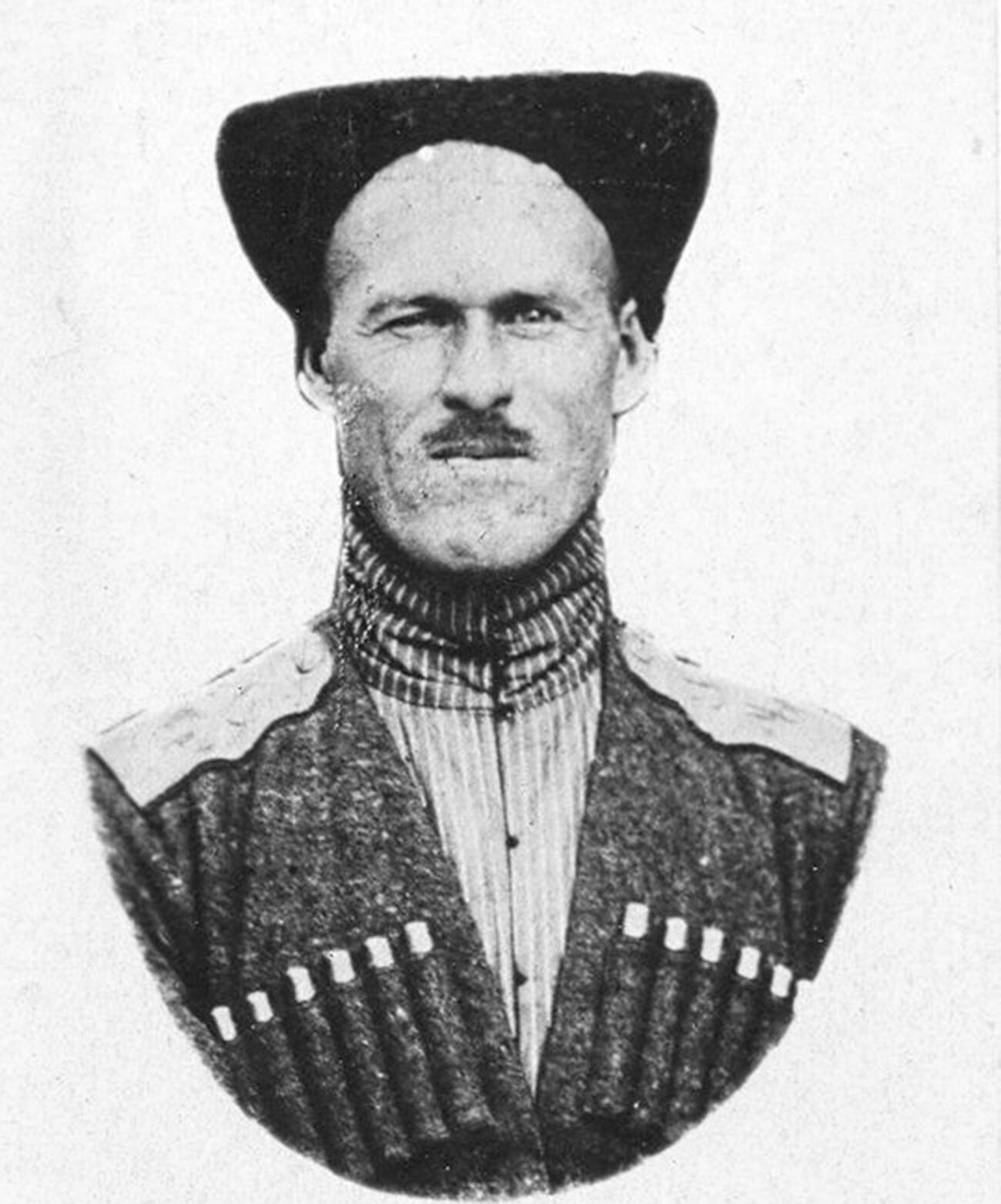
Sultan Klych-Girey.
Public DomainSultan, who commanded a cavalry division, fought against the Reds in southern Russia in the ranks of the White Army. After the final triumph of the Soviets, he was forced to leave the country.
While in exile, Klych-Girei actively participated in various “national committees” and mountaineer organizations, whose goal was the secession of the Caucasus from the “socialist state of the workers and peasants”.
When the Wehrmacht invaded the Soviet Union in 1941, Sultan, already in his sixties, realized that his dreams might come true soon.
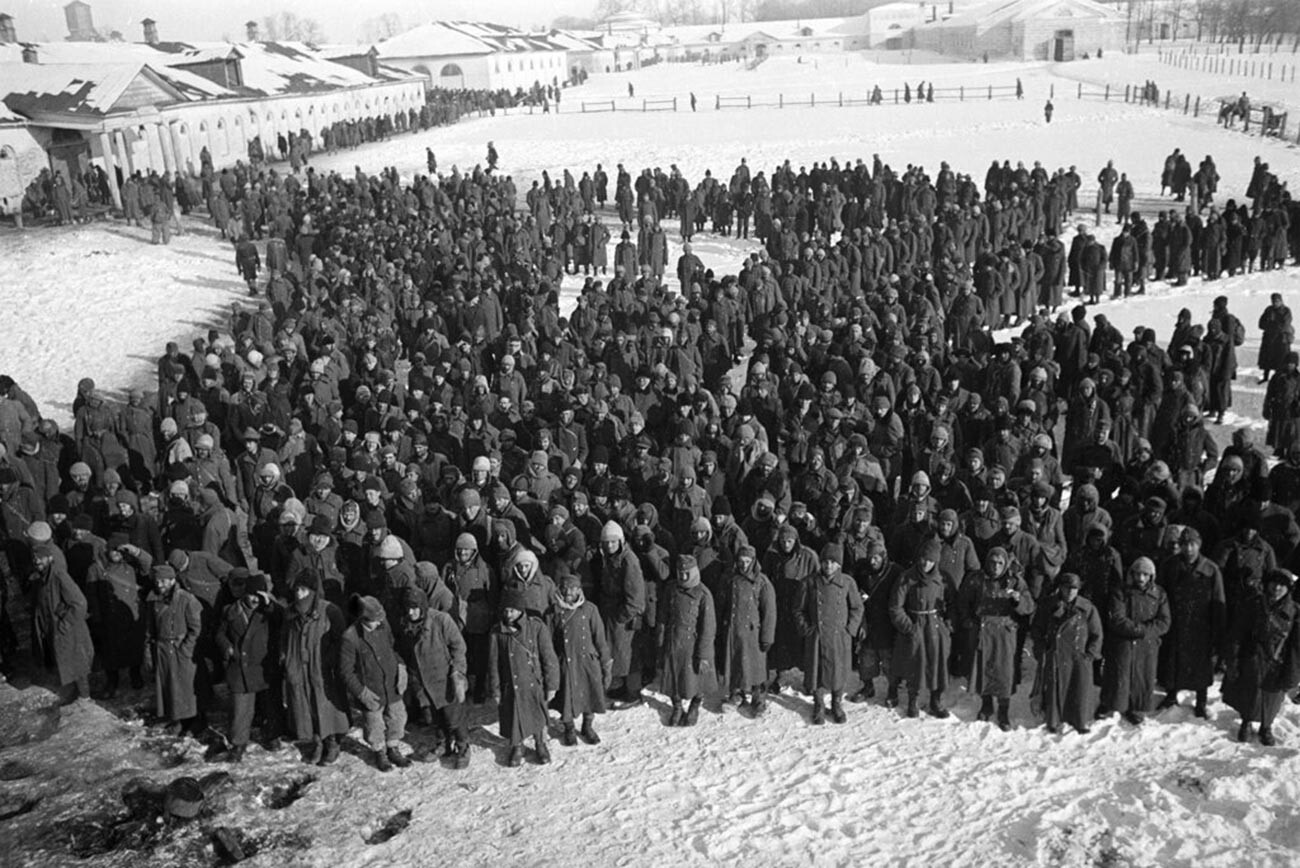
German POWs after the Battle of Stalingrad.
Arkady Shaikhet/russiainphoto.ruFollowing orders from Berlin, Klych-Girey worked on the creation of collaborationist formations in the Wehrmacht from prisoners or Caucasians who voluntarily defected to the side of the Third Reich. In addition, he himself commanded the Caucasian units involved in the anti-partisan campaign in Yugoslavia.
After the German troops broke through to the North Caucasus in the Summer of 1942, Sultan Klych-Girey also went there. The territories of his fellow Adygeans became his area of responsibility. Making propaganda speeches to the local population, he urged them to rise to the “war of liberation” against the Bolsheviks.
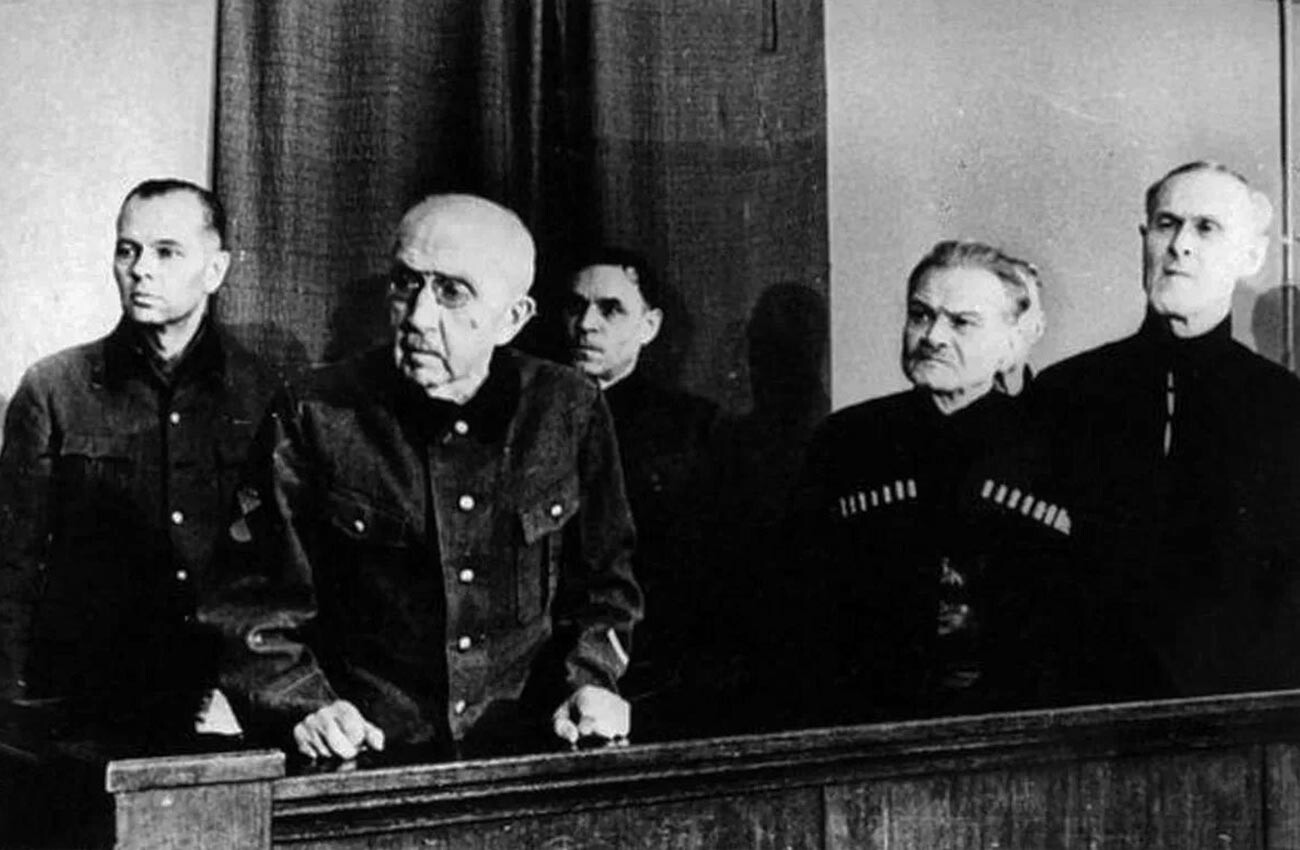
Trials of collaborator in Moscow, 1947.
Archive photoSoon after the Red Army’s victory at Stalingrad, German troops began their retreat from the Caucasus. There was no point in any more propaganda and Sultan became more honest in his private conversations with the locals.
“My case is decided and signed. I have bound my life to these people and I will die with them. But you have no reason to die with them. So you can shout ‘hooray’, but keep in mind that their power will not last long here. The Bolsheviks are stronger. The Bolsheviks will kick them out of here and if you follow them like fools, you too will be destroyed,” he lamented.
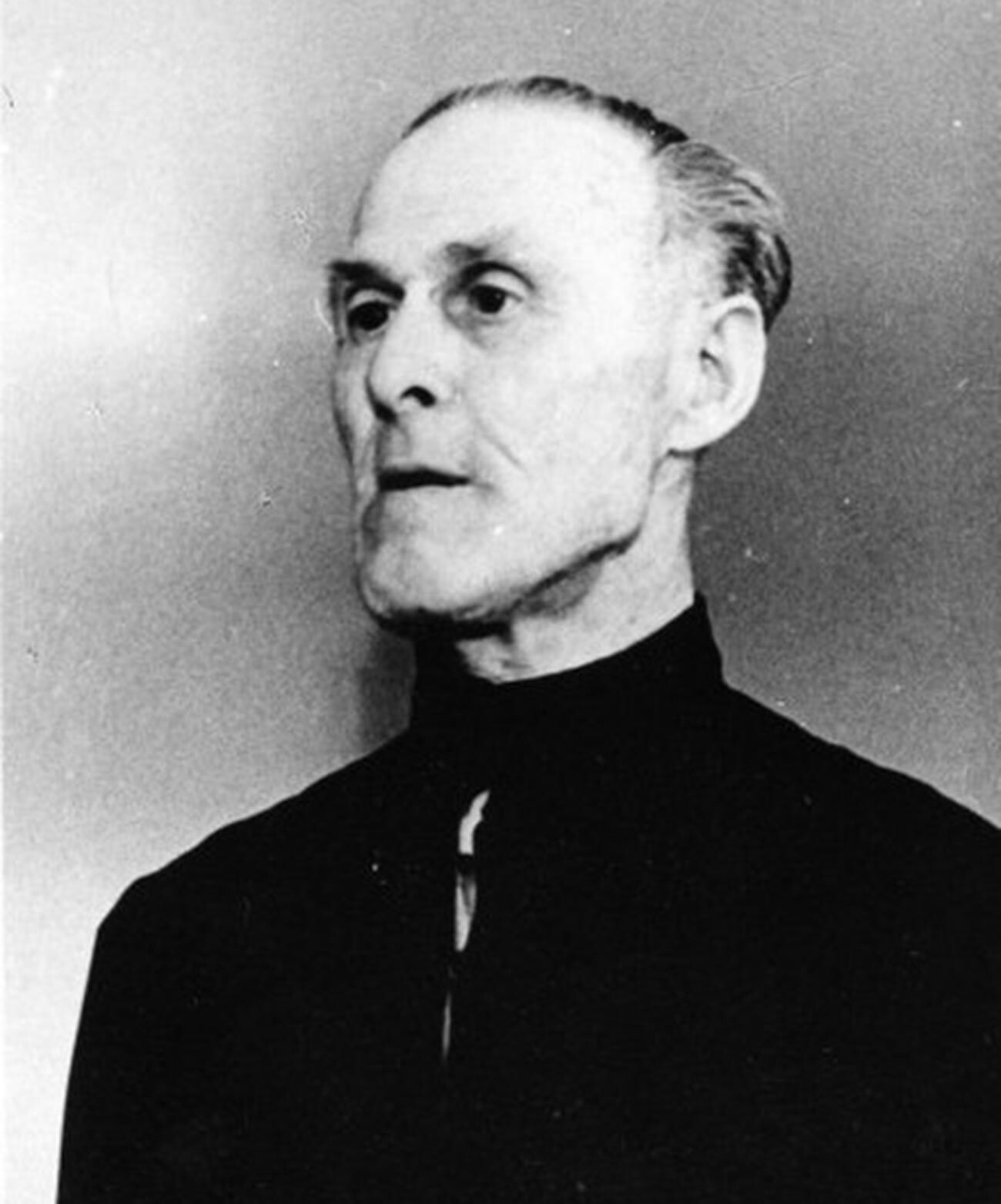
Sultan Klych-Girey at the court in 1947.
Public DomainIn early June 1945 in Austria, the British handed over to the Soviets tens of thousands of Cossacks who had surrendered to them and had fought on Hitler’s side. Among them was Sultan Klych-Girey. On January 16, 1947, the descendant of Genghis Khan, found guilty of treason against the fatherland, counter-revolutionary and subversive-terrorist activities against the USSR, was hanged in Moscow.
If using any of Russia Beyond's content, partly or in full, always provide an active hyperlink to the original material.
Subscribe
to our newsletter!
Get the week's best stories straight to your inbox